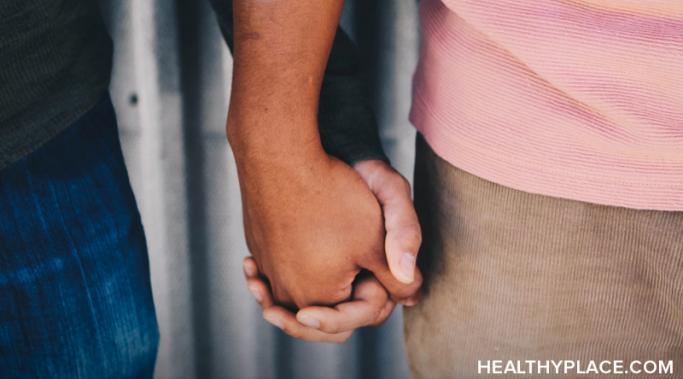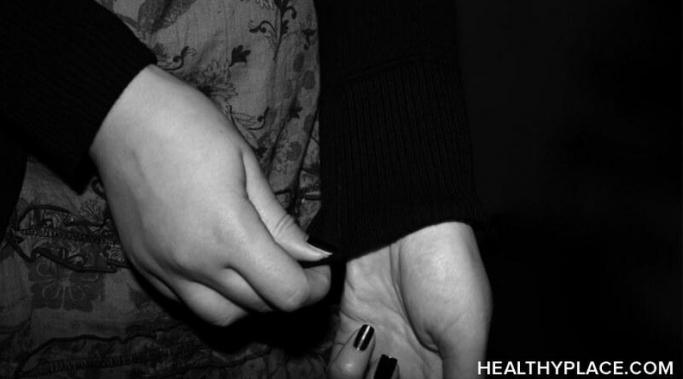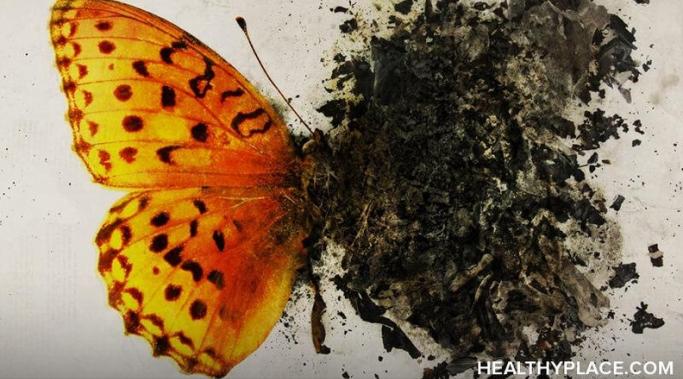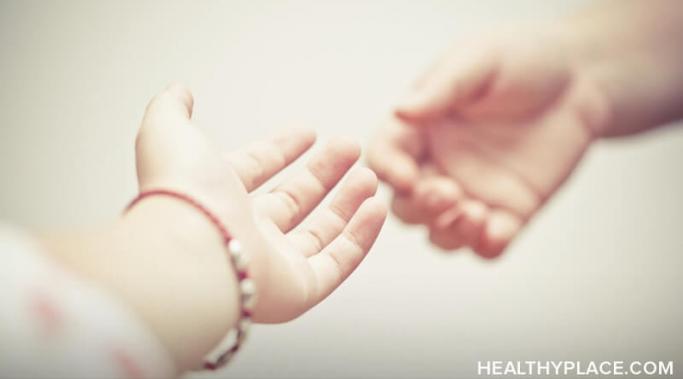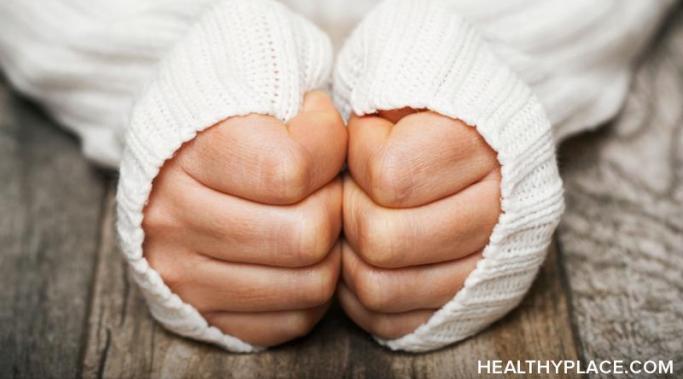Explaining self-harm scars to your boyfriend (or any romantic partner) can be a daunting prospect to face. How do you know whether you're ready to disclose your past, and what can you expect when you do?
Speaking Out About Self Injury
If you struggle with self-harm, you probably don’t sleep very well. Sleeping too much or not enough often travels with emotional pain. However, poor sleep habits (known as sleep hygiene) can be detrimental to our mental health. It can increase our self-harm urges or lead to other serious problems, so practicing good sleeping habits is key to recovery.
When you're in recovery, you measure progress not by time or distance, but by milestones. If you know someone working through this process, a self-harm recovery gift can be a nice way to show your support and celebrate these milestones together.
Self-harm and isolation caused by the pandemic are a dangerous pair. Everyone is struggling to cope during these difficult times. Even the strongest and most resilient people I know have been affected by pandemic fatigue, which often comes with depression and anxiety symptoms. Unsurprisingly, our self-harm urges can also become worse as the future is so uncertain. It’s times like these that we need to look after one another and stay united.
Finding out that someone you love has a secret is always shocking, but few secrets are as devastating as self-harm. Helping a self-harming friend open up about his or her struggle may be beneficial for you both, but how do you tackle such a sensitive subject without damaging your relationship?
Explaining your self-harm scars to others can be uncomfortable. Having your self-harm scars discovered is a bit like being outed against your will. Still, the person who confronts you about your self-injury marks will likely want to know what they are. While you don’t owe anyone an explanation, sometimes it’s hard to avoid this conversation. Here are some of the approaches you can take to explain your self-harm scars to others.
What part can dissociation play in self-harm? If you’ve never self-harmed, you probably can’t understand why anyone would do such a thing in the first place. The notion of inflicting physical pain on oneself can seem illogical and terrifying. However, self-harm can often travel with dissociation symptoms.1 This means the person who self-injures might feel physically numb or have no recollection of the event.
Trust is a necessary ingredient in any healing process. For those who self-harm, opening up about this habit enough to build a viable self-injury support network requires an enormous amount of trust—but the results are worth it.
Seeing your self-harming friend suffer in silence can't be easy. However, sometimes trying to help can only make things worse. Approaching your friend with patience, kindness, and understanding is vital.
They say what doesn't kill you makes you stronger. Most of the time, this is a positive statement; it helps people make sense of the difficulties they've faced and find something good to take away from some of the worst moments in their lives. But does hurting yourself make you stronger?
